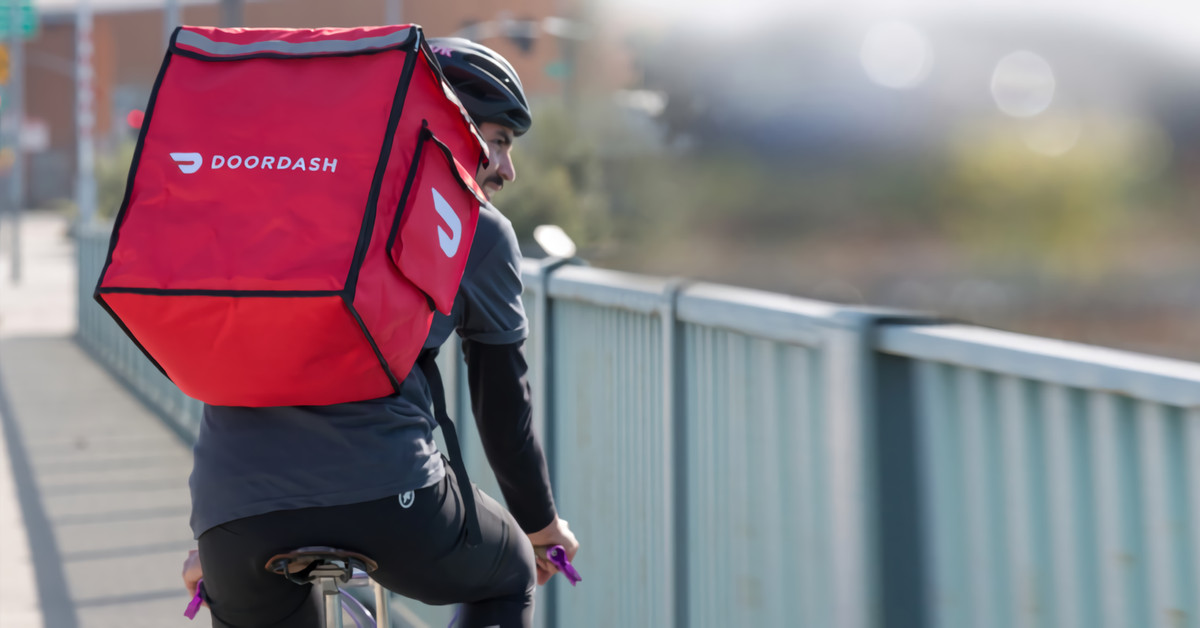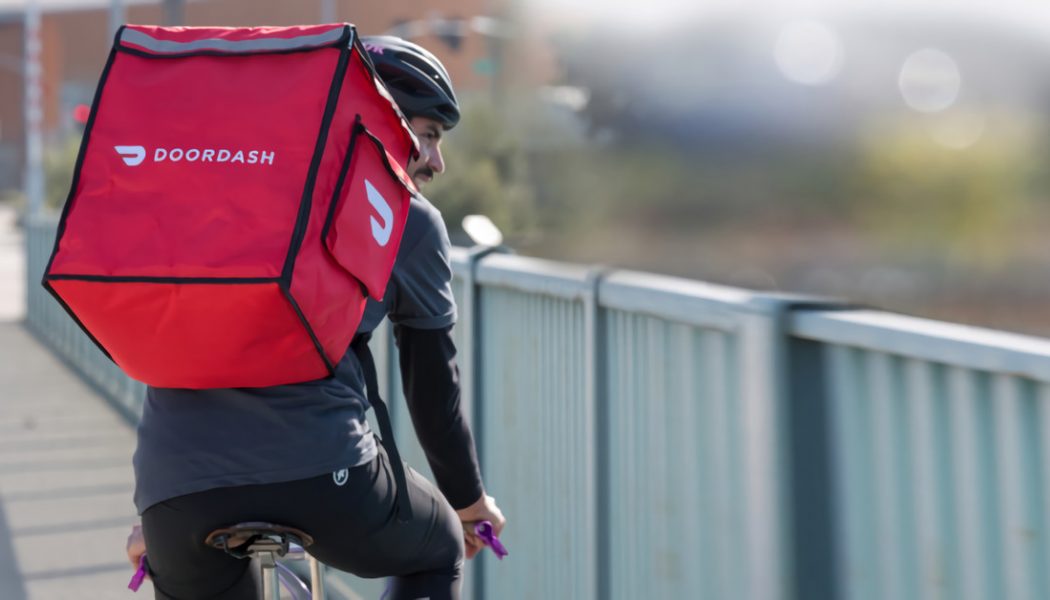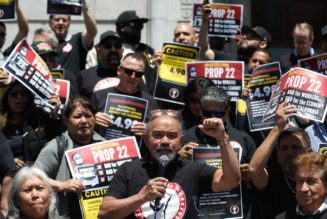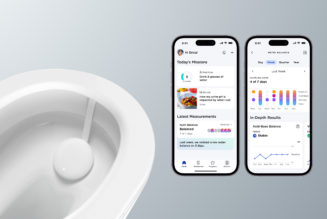
DoorDash, the high-flying food delivery startup, was sued by San Francisco’s district attorney Tuesday for alleged unfair business practices and worker misclassification. It was the latest legal challenge targeting a gig economy company in California since the passage of the state’s first-in-the-nation worker misclassification law.
In a statement, San Francisco District Attorney Chesa Boudin accused DoorDash of “illegally” classifying its delivery workers as independent contractors when they are, in fact, employees. Boudin argues that misclassification hurts workers by contributing to rising income inequality and the shrinking of the middle class, and it hurts the public by forcing other companies that classify workers as employees to compete with DoorDash on an unfair playing field.
“Misclassifying workers deprives them of the labor law safeguards to which they are entitled, denying workers minimum wage and overtime pay, unemployment insurance and protection from discrimination, among other things,” Boudin said in a statement.
In the lawsuit, the district attorney alleges that DoorDash has run afoul of Assembly Bill 5, a law that enshrines the so-called “ABC test” for determining whether someone is a contractor or employee. The law officially went into effect on January 1st, but gig economy companies like Uber and Lyft have continued to lobby against it. DoorDash is helping fund Uber and Lyft’s effort to carve out gig economy businesses from AB5.
California’s attorney general recently filed a lawsuit against Uber and Lyft on similar grounds as Boudin’s suit against DoorDash. California Assembly member Lorena Gonzalez, the main sponsor of AB5, tweeted in support of Boudin’s lawsuit.
As the COVID-19 pandemic has forced restaurants to pause their sit-down service, many have become increasingly reliant on delivery platforms like DoorDash, as well as competitors Grubhub, Postmates, and Uber Eats. Uber Eats’ recently failed effort to acquire Grubhub only seems to have solidified DoorDash’s status as market leader.
DoorDash, the largest meal-delivery company in the US, has seen its sales increase as a result of the lockdown. The company is reportedly close to securing new funding that would value it at more than $15 billion before the infusion, according to MarketWatch. DoorDash filed to go public in February, shortly before the novel coronavirus upended the economy and financial markets, and it’s still aiming for a listing this year.
Much like other gig economy companies, DoorDash argues that many of its couriers (which it calls “Dashers”) aren’t delivering food full time, but are actually doing it in their spare time as a way to earn extra money. Classifying them as employees would negatively affect their ability to hold multiple jobs, as well as harm restaurants’ ability to stay in business during the pandemic, the company argues.
“Today’s action seeks to disrupt the essential services Dashers provide,” Max Rettig, DoorDash’s global head of public policy, said in a statement, “stripping hundreds of thousands of students, teachers, parents, retirees and other Californians of valuable work opportunities, depriving local restaurants of desperately needed revenue, and making it more difficult for consumers to receive prepared food, groceries, and other essentials safely and reliably.”
DoorDash is no stranger to controversy. The company got in trouble last year when it was revealed that it was pocketing some customer tips to cover base pay for deliveries. After an uproar, DoorDash said it would change the policy so that couriers would receive 100 percent of tips.
More recently, a viral story about a pizzeria owner buying his own inventory from DoorDash at a profit cast a negative light on the company’s business model of subsidizing some food deliveries.









